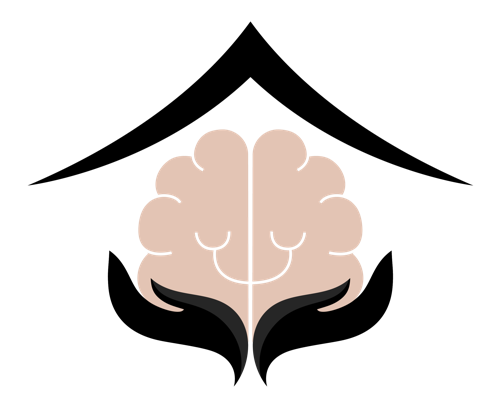Are you seeking alternative treatments for depression and anxiety and wondering if ketamine could be your saving grace? Rightly so, with growing interest in at-home ketamine treatment, there’s an increasing concern about its potential for addiction. While virtual ketamine clinics like Safe Haven Health aim to provide effective and safe ketamine treatments for mental health, it’s essential to understand the actual risk of addiction and how to proceed responsibly. Let’s dive deep into the world of ketamine therapy, addiction potential, and how Safe Haven Health ensures responsible and effective treatment for mental health.
Ketamine: From Party Drug to Miracle Treatment
 Ketamine was first designed in the 1960s as an anesthetic for surgeries and later gained a reputation as a popular recreational drug. Recently, it has been increasingly leveraged in treating various mental health conditions like Major Depressive Disorder (MDD), Treatment-Resistant Depression (TRD), and Generalized Anxiety Disorder (GAD). It targets glutamate neurotransmission in the brain, contributing to its rapid-acting antidepressant effects.
Ketamine was first designed in the 1960s as an anesthetic for surgeries and later gained a reputation as a popular recreational drug. Recently, it has been increasingly leveraged in treating various mental health conditions like Major Depressive Disorder (MDD), Treatment-Resistant Depression (TRD), and Generalized Anxiety Disorder (GAD). It targets glutamate neurotransmission in the brain, contributing to its rapid-acting antidepressant effects.
Addressing Ketamine Addiction Concerns
Given its history as a “party drug,” there’s a common fear that patients undergoing ketamine treatments may develop an addiction. However, this concern mainly stems from its improper use in recreational settings. Ketamine can produce dissociative and hallucinogenic effects, making it popular among drug users seeking intense experiences. In these scenarios, ketamine is often consumed in large quantities and combined with other substances, leading to addiction and dependencies.
At-Home Ketamine Therapy: A Risk or Solution?
 At-home ketamine therapy is becoming a popular alternative to traditional treatment setups, and virtual ketamine clinics like Safe Haven Health are now available to make it accessible. These clinics are committed to ensuring the safe and responsible administration of ketamine with the help of medical professionals. The focus is on maintaining low, controlled doses for therapeutic purposes, and the treatment process involves monitoring each patient’s progress and making any required adjustments. As such, the risk of addiction is significantly reduced compared to the recreational use of ketamine.
At-home ketamine therapy is becoming a popular alternative to traditional treatment setups, and virtual ketamine clinics like Safe Haven Health are now available to make it accessible. These clinics are committed to ensuring the safe and responsible administration of ketamine with the help of medical professionals. The focus is on maintaining low, controlled doses for therapeutic purposes, and the treatment process involves monitoring each patient’s progress and making any required adjustments. As such, the risk of addiction is significantly reduced compared to the recreational use of ketamine.
Safe Haven Health: Prevention and Protection
Safe Haven Health’s approach to at-home ketamine treatment prioritizes safety, and their medical professionals thoroughly assess patients’ mental health and potential risk factors. They implement a tailored approach to ketamine therapy, focusing on establishing a supportive and controlled environment. This enables patients to experience the therapeutic benefits of ketamine while minimizing the risk of addiction. Furthermore, Safe Haven Health offers ongoing support and guided treatment plans to help patients maintain their mental wellness, which deters any potential for abuse.
Being a Responsible Ketamine Patient
 If you choose to explore ketamine therapy, particularly for at-home treatment, here are a few steps you can take to minimize your risk of addiction:
If you choose to explore ketamine therapy, particularly for at-home treatment, here are a few steps you can take to minimize your risk of addiction:
- Ensure that you follow your healthcare provider’s guidelines closely
- Communicate any concerns or noticeable side effects
- Be open and honest about your medical history and potential risk factors
- Stay committed to your mental health journey by participating in concurrent therapies or support groups
When responsibly managed, the risk of addiction to ketamine treatments is minimal, particularly with tailored approaches provided by virtual ketamine clinics like Safe Haven Health. They deliver safe and effective mental health relief while prioritizing protection against potential addiction. By being a responsible patient and partnering with dedicated professionals, you can embrace ketamine therapy as a viable and promising alternative to combating depression and anxiety. Ultimately, the key is to remain informed, vigilant, and committed to seeking wellness in the most responsible way possible.



